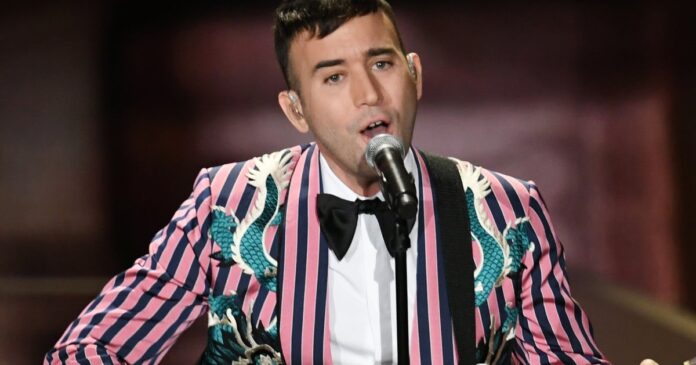Renowned indie musician Sufjan Stevens has revealed that he has lost the ability to walk due to a diagnosis of Guillain-Barre syndrome, a rare autoimmune condition that targets the nerves.
In a heartfelt Instagram post, the singer-songwriter shared his recent health battle, explaining that he had been driven to the hospital by his brother. Medical professionals performed a battery of tests, including MRIs, CAT scans, and a spinal tap, before confirming the diagnosis of Guillain-Barre syndrome.
Guillain-Barre syndrome is a rare disorder, affecting roughly one person in 100,000 annually. While its precise causes remain unknown, it is often triggered by infections.
According to the NHS, most patients recover within a year, but recovery may necessitate several months of hospitalisation and treatment.
Sufjan Stevens revealed that he has been in an acute rehabilitation facility since September 8, where he undergoes intense physical therapy, occupational therapy, and strength-building exercises to regain mobility.
He maintained hope, saying, “Most people who have GBS learn to walk again on their own within a year, so I am hopeful.”
Sufjan Stevens is a highly acclaimed independent musician known for his intricate musical compositions and poetic lyrics. He gained recognition through an ambitious project to create an album for each of the 50 U.S. states, although only two were completed. His work delves into personal themes, including the loss of his mother in “Carrie & Lowell” (2015) and his struggles with love and faith in “Ascension” (2020).
Despite his health setback, Stevens is preparing to release his ninth album, “Javelin,” next month. He explained to his fans that the delay in promoting the album was due to his unexpected medical condition.
“I’m only in my second week of rehab, but it is going really well, and I am working really hard to get back on my feet,” he said, expressing his determination to recover. He also thanked his fans for their support and praised healthcare professionals as “living saints” for their tireless efforts in helping people heal.

















